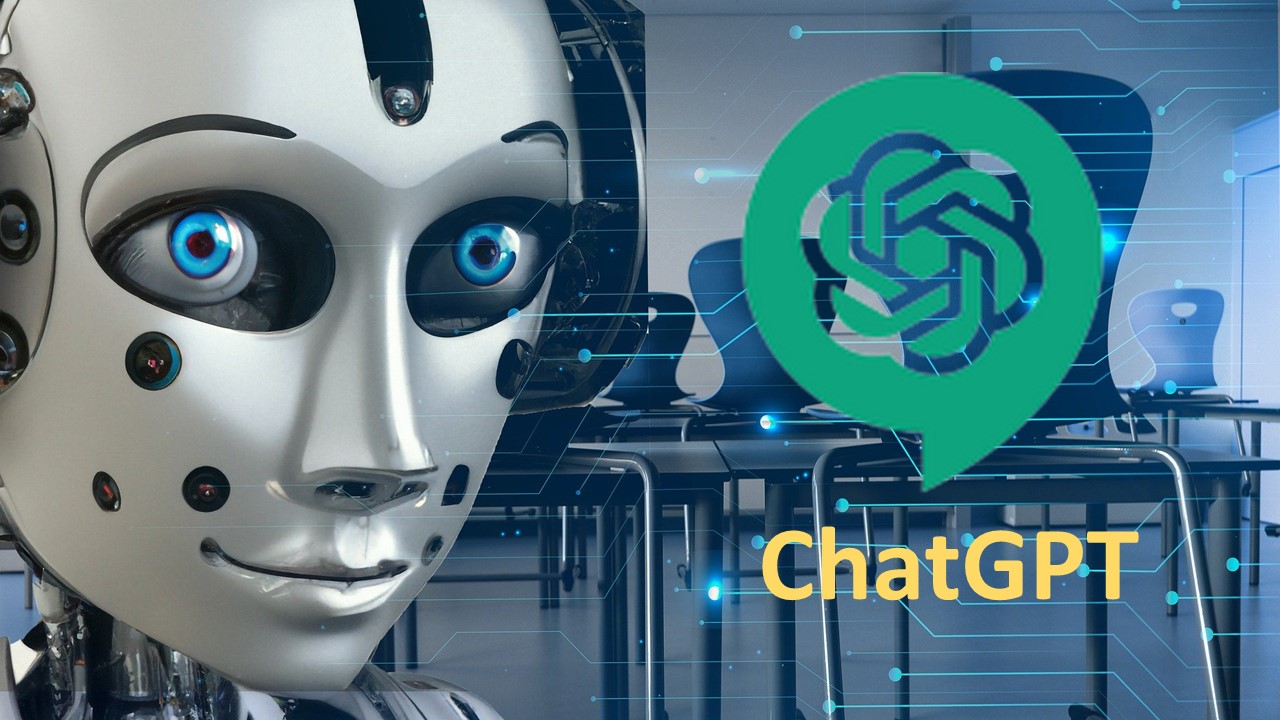AUD Learning Management System 4
Site announcements
Skip available courses
Available courses
Artificial Intelligence (AI) has emerged as a transformative force in our modern world, reshaping industries, augmenting human capabilities, and influencing societal dynamics. As AI continues to evolve and integrate into various aspects of our lives, it is imperative for students to develop a foundational understanding of its concepts, implications, and potential for Social Sciences. This course not only fosters conceptual clarity but also equips learners to navigate the power of AI's impact on industries, education, and society at large. With this knowledge, students gain a competitive edge, as they become adept at leveraging AI's capabilities to drive innovation in their careers. By mastering AI's ethical considerations, they emerge as responsible AI citizens, capable of guiding AI's trajectory toward a responsible and impactful future.
- Teacher: Dr Ramesh Sharma
The aim of the course is to offer a gentle introduction to very basic concepts of sets and logic, to develop a familiarity with simple techniques for quantifying and analysing data including a capacity to use simple computer worksheet programmes for the same.
Another aspect to the course is that it aims to create an appreciation of mathematics in nature via discussions on symmetry and perspective in art. Real-life examples, hands-on projects, presentations, case studies, visualization and basic computing tools will be used to reinforce skills of logical reasoning, data analysis and interpretation.
- Teacher: Dr Ramesh Sharma
This course explores the different ways that social research is carried out, with a focus on research design, data collection and analysis. The course covers both qualitative, quantitative and mixed methods research. This learning will enable students to embark more confidently and creatively on their own dissertation, as well as engage more critically with the research of others.
- Teacher: Dr Ramesh Sharma

The course introduces technology and allied processes which students may apply to the problems they encounter. This course will focus on the forefront of the today’s technological tools. Throughout the course, emphasis will be put on learning the IT networking fundamentals with its practical relevance in daily life. The course not only introduces the technology but also covers aspects related to identification of tools and processes for understanding the importance of IT networking in day to day life.
- Teacher: Deepak Bishla

This course on research dissertation writing is highly significant for postgraduate students for several reasons. Here are a few:
-
Develop Research Skills: Completing a research dissertation is a crucial component of most postgraduate programs. This course will help students develop the skills required to conduct independent research, including selecting a research topic, designing a research methodology, and analyzing data.
-
Enhance Writing Skills: Writing a dissertation is a challenging task that requires a high level of academic writing skills. This course will help students develop the skills required to write clear, concise, and well-structured academic papers.
-
Improve Critical Thinking: Writing a research dissertation requires students to think critically, analyze data, and draw conclusions. This course will help students develop their critical thinking skills, enabling them to analyze complex information, identify patterns and trends, and draw meaningful conclusions.
-
Time Management: Completing a research dissertation requires a significant investment of time and effort. This course will help students develop the skills required to manage their time effectively, plan their research, and meet deadlines.
-
Boost Employability: The skills developed through this course are highly valued by employers, making it an essential component of professional development for postgraduate students. By completing this course, students will enhance their employability and increase their chances of success in their chosen field.
The completion of this course will enable postgraduate students to develop essential research, writing, critical thinking, time management, and employability skills, making them better equipped to succeed in their academic and professional careers.
- Teacher: Dr Ramesh Sharma

Discourse analysis is the study of language use in social contexts. It
examines the ways in which language is used to construct meaning and
create social relationships, as well as the ways in which power and
ideology are embedded in language.
- Teacher: Dr Ramesh Sharma

"Developing Soft Skills: Group Discussions, Using Social Media for Job Networking, Mock Interviews, Learning to Delegate, Persuading and Negotiating" is a specialised course comprising of five modules designed to help the students, for
whom English is a second language, to communicate effectively and efficiently in business
environment or at their workplace.
- Teacher: Dr Monal Dewle
- Teacher: Dr Ramesh Sharma
Ransomware is a type of malicious software that encrypts a victim's files and demands a ransom payment in order to restore access. It typically spreads through phishing emails or malicious websites, and once it has infected a computer, it encrypts the user's files and displays a message demanding a payment to unlock the files.
Ransomware attacks can be devastating for individuals and organizations, as they can result in the loss of important data and the disruption of critical operations. The attackers often demand payment in the form of cryptocurrencies, such as Bitcoin, which can make it difficult to trace the transactions and identify the attackers.
To protect against ransomware attacks, it is important to implement effective security measures, such as keeping software and operating systems up to date, using antivirus and anti-malware software, and avoiding suspicious emails and websites. It is also important to have regular backups of important data, so that if an attack does occur, the data can be restored from a backup rather than paying the ransom.
- Teacher: Dr Ramesh Sharma

The "Generative AI for Smart Teaching and Learning" is an asynchronous and self-paced learning course.
It focuses on introducing educators to the capabilities and potential uses of the ChatGPT language model in the classroom. The course covers the basics of how ChatGPT works and its ability to generate human-like text, as well as specific educational applications such as automated essay scoring and personalized language instruction. The course also explores ethical considerations surrounding the use of AI in education, such as issues of bias and privacy. Additionally, the course would provide hands-on experience for educators to develop their own simple projects using ChatGPT.
This course has been created using the ChatGPT itself to showcase its educational capabilities.
Overall, the course aims to equip educators with the knowledge and skills to effectively integrate ChatGPT into their teaching practice and enhance the learning experience for their students.
Duration: 6 hours
Language: English
Level: Beginners
- Teacher: Dr Ramesh Sharma

Instructional design has evolved into an impactful field for a better world. This is the driving principle behind this course which will help you understand and appreciate the potential of instructional design and arm you with the knowledge to become a confident and informed advocate of it.
- Teacher: Shaelja Mishra
- Teacher: Dr Ramesh Sharma
Artificial intelligence (AI) is the simulation of human intelligence in
machines that are programmed to think and act like humans. These
machines can be trained to perform a wide range of tasks, from
recognizing speech and images to providing customer service and making
decisions. AI has the potential to transform many industries and make
tasks faster, easier, and more efficient. It is achieved through a
combination of machine learning, natural language processing, and other
advanced technologies.
- Teacher: Dr Jyotirmoy Bhattacharya
- Teacher: Dr Krishna Kalyan Dixit
- Teacher: Dr Nidhi Kaicker
- Teacher: Dr Kranti Kumar
- Teacher: Prof Amol Padwad
- Teacher: Dr Ramesh Sharma
- Teacher: Prof Geetha Venkataraman
